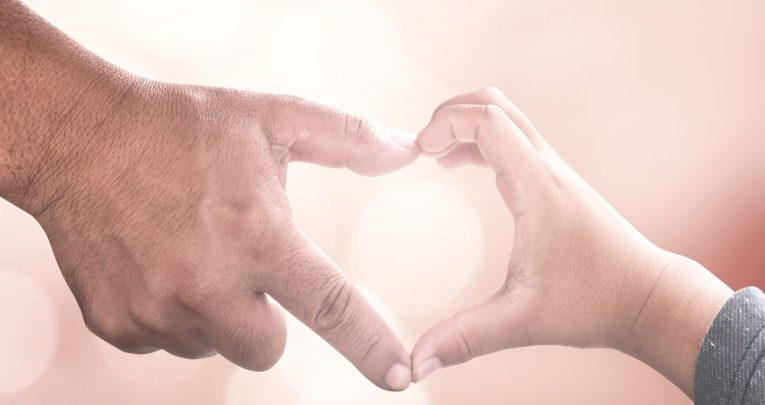Children’s Rights – It’s Worrying That The UK Has Fallen To 156th In This Year’s CRC Index…We Must Do Better

The United Kingdom and New Zealand are among the bottom 10 performers

- by June O'Sullivan OBE
- CEO of the London Early Years Foundation Visit website

I’m sure you have heard of the UN Convention on the Rights of the Child (CRC) – the global framework for children’s rights that was formed in 1989 and which is signed up to by 196 countries.
For the uninitiated, every year KidsRights and the University of Erasmus in Rotterdam combine qualitative and quantitative data from UNICEF and the CRC individual country reports to produce the annual Index. The idea is to hold countries to account and encourage dialogue about children’s rights.
The Index covers five key domains, including
- right to life,
- right to health,
- right to education,
- right to protection, and
- enabling environment for child rights.
The Index assesses countries’ commitments to children’s rights relative to available resources. Surprisingly, it found that economically prosperous countries are not necessarily outperforming the rest and in fact were failing to invest in children sufficiently. Poorer countries such as Thailand and Tunisia feature in the top 10, while more developed countries come far lower, with the UK and New Zealand among the bottom 10 performers.
The findings tell a sad story. Poor children all over the world continue to lack access to education and basic healthcare. Discrimination for many children is worsening, especially in industrialised countries, which should really lead the world in how they look after their children. One particularly horrible trend is the increasing discrimination against girls, refugee children, migrant children and disabled children and poor children.
The report observed that countries should address discrimination of marginalised children as sustainable development can only happen with educated, safe and healthy children, who are able to grow up in inclusive, supportive and peaceful societies.
A worrying picture
The principle of the ‘best interests of the child’ and how decisions are made to take account of children appears to be stuck and is not fully implemented anywhere. No country scored well and the UK was among those 48 countries, including Australia, Canada, Italy and Japan that scored badly.
Countries on average are doing best on enabling legislation. This shows that, in general, nations do have fairly appropriate legal frameworks that recognise and guarantee the rights of all children. Portugal comes out as a global frontrunner because its new legislation is in line with CRC whereas the UK does not. The Index reveals that implementation is often lagging, and most new policies fail to fully comply with the principles and provisions of the CRC.
None of the countries in the KidsRights Index score ‘good’ on best available budget. 64 (out of 165) countries score ‘bad’ on best available budget. The latter include wealthy countries such as Denmark, the Netherlands and Sweden.
Participation of children is also lagging behind. There is still a lot to achieve on the aspect of respecting the views of the child. At present, none of the countries in the KidsRights Index score ‘good’. This means that none of the 2.2 billion world’s children have their views fully heard on matters that affect them directly.
Needless to say, the overall picture is worrying. Effective implementation of the Convention on the Rights of the Child, which needs governments to work together with civil society organisations, is far from a positive reality. There is also a growing concern for the safety of children’s rights defenders – journalists and civil society activists working to protect the rights of all children in societies.
Nelson Mandela once said that we judge our country by the way it treats its children. The evidence from this annual index would suggest we need to take a long look at how we are behaving.
June O’Sullivan MBE is the CEO of the London Early Years Foundation. Visit leyf.org.uk, June’s blog at juneosullivan.wordpress.com or connect on Twitter @JuneOSullivan










